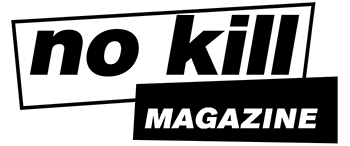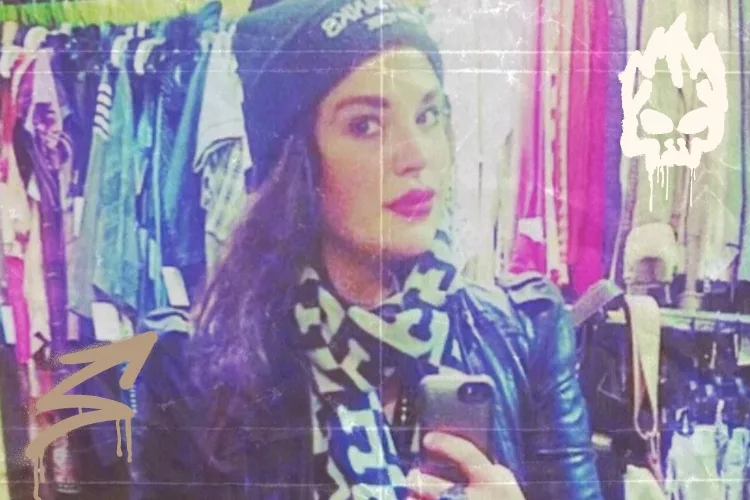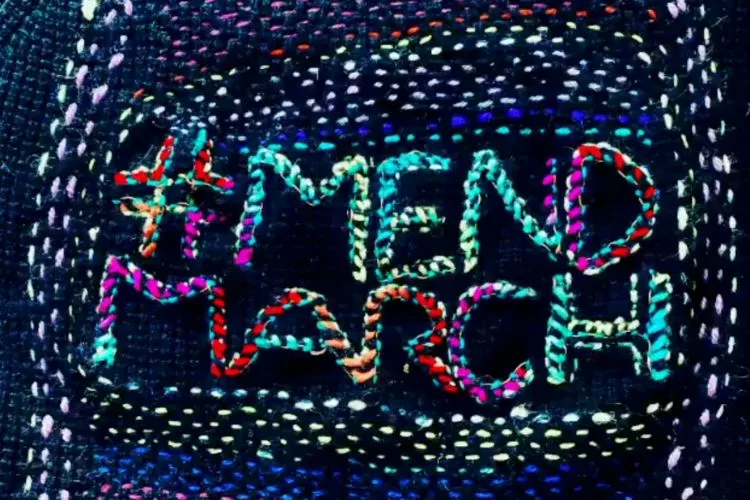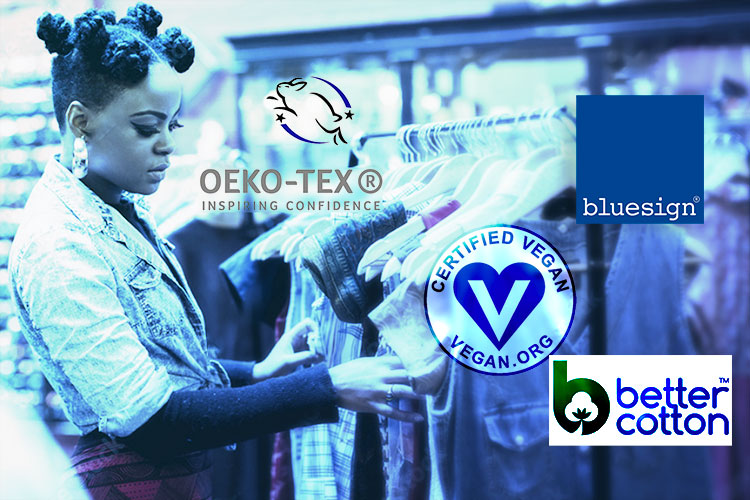
The ethical fashion advocacy group has unveiled its 2024 Fashion Accountability Report. Here is No Kill’s hot take on this petition for a cooler world
First, a bit of ranting…It’s still not looking good.
Ah! Kidding! Did we just say that!? Well, so did Remake. The advocacy group named its 2022 iteration of its annual report “A Tale of Two Truths,” and its 2024 Report findings suggest that two years have only nominally moved the needle. So lament the writers: “while individually some companies improved and some companies regressed this year, the overall metrics changed very little from last year’s report.”
On the one hand, the fashion industry as we know it (large-scale overproduction, toxic waste, mental- and wallet-health-compromising marketing) is slowly but surely being forced to contend with what Remake writers have called a powerful undercurrent of systemic change. The Report’s authors cite strong new legislative policies on worker and human rights, transparency, and greenwashing; an increase in corporate action around climate change and a rise in unionization; and the continued solidification of organized sustainable fashion social movements.
On the other hand, this undercurrent is still just that: under. It needs to be more powerful to make waves. And while the changes afoot may—nay, will!—must!—create a different fashion industry over the next few years, who that future industry will serve is still to be determined…if the changes can be made at all.
What exactly is the Remake Accountability Report, and why is it different?
At its core, the 2024 Accountability Report assesses 52 of the world’s largest companies across fast, luxury, big box, and sustainable fashion businesses. In analyzing these companies, the report provides an all-encompassing look into the less-than-great progress in the fashion industry despite recent positive initiatives. Ultimately, it’s a more data-driven state of the union than a joyful roadmap to change à la Clare Press’s recent literature about the good things happening.
Its scoring approach entails an action-oriented assessment, emphasizing actual progress made towards specific goals—such as improving worker wages or reducing carbon emissions—rather than just promises of change. The report is notable for its holistic evaluations, which aim to recognize the interconnectedness of social and environmental issues. It, therefore, looks at multiple angles and aspects of companies, including diversity in leadership, fair wages for workers, and animal welfare in supply chains.
And Remake does not accept funding from the fashion industry. This allows it to prioritize whether businesses have adopted sustainable and ethical practices instead of rewarding sales growth or profit.
The Key Takeaways from Remake’s 2024 Fashion Accountability Report
The report scores companies on their performance in the categories of Traceability, Raw Materials, Environmental Justice, Wages & Wellbeing, Commercial Practices, and Governance. Some findings are the following:
- Most companies still don’t have a transparent supply chain; materials sourcing and supply chains remain largely untraceable. Very few fashion brands publish supplier lists that fully trace all of their processing facilities. Almost all need to pay more attention to the holistic impact of the materials they are using (such as recycled polyester) and their supply chains.
- Companies are trying to meet climate goals, but only haphazardly, and overproduction remains rampant. Many companies are disclosing their total carbon emissions—but it’s hard to do this if not all elements of the supply chain are known. (See above: they’re not.) Also, there is often little mention of the fact that take-back programs, assumed to be a saving grace for overproduction, actually just send garments to landfills in the Global South.
- Zero companies paid all of their indirect employees living wages. This includes garment and supply chain workers, warehouse workers, models and drivers. Only one company, PUMA, categorically stated that it pays all of its direct employees a living wage, while also disclosing the benchmark it uses to determine such wage rates.
- We need stronger contracts to ensure fair commercial practices (how fashion companies treat suppliers). For instance, we need continued reassessment of the demanding timelines companies place on factories to fulfill orders—and to tighten the loose agreements that guarantee payments for said orders when things go awry.
- Brands struggle to enforce their own improvement—laws and legislation are required to get things going. So far, mostly only small companies that are already sustainability-minded support the FABRIC Act; meanwhile, most big companies are still avoiding signing the International Accord.
Digesting the data: what do we do with it?
Sometimes reports leave readers wondering, “So where do we go from here?” The report offers action items for Citizens, Companies and Employees, Investors, Policymakers, and Press.
It urges Policymakers to continue to push for legislation and binding agreements. It suggests that Companies use the new accountability scoresheet as a roadmap to shape internal dialogue toward better practices, engage in public disclosures, and implement programming to achieve a more climate resilient industry. It asks for Investors to use it to better understand the intersectional risks across supply chains that affect resilience and profits for companies and investors alike. Lastly, the report challenges the Press to lean on its findings, discontinue reporting on greenwashing, and “raise the bar on the way fashion sustainability is covered in the media.”
The above three are big players, but we still believe power hangs within the closets of citizens.
Every day, there are things we can do on an individual level to incite small, positive changes; after all, it’s our grassroots rallying work that has caused the ripple effect of positive progress the Remake Report does emphasize.
Citizens can check out Remake’s Campaign Page and Action Kit on how to get involved with initiatives such as supporting the FABRIC Act, The Fashion Act, the International Accord, and the PayYourWorkers agreement. These campaigns make it easy to get involved by creating letters, petitions, and other action items on their websites. Don’t be afraid to question brands on social media, which also helps to get your friends involved and aware.
Lastly, we hope that companies will read this report and rev up their efforts to step up.
Want to read en toto? Head over to the report for all the notable names and stats.
–Anne Elizabeth Whiting
Related Articles






